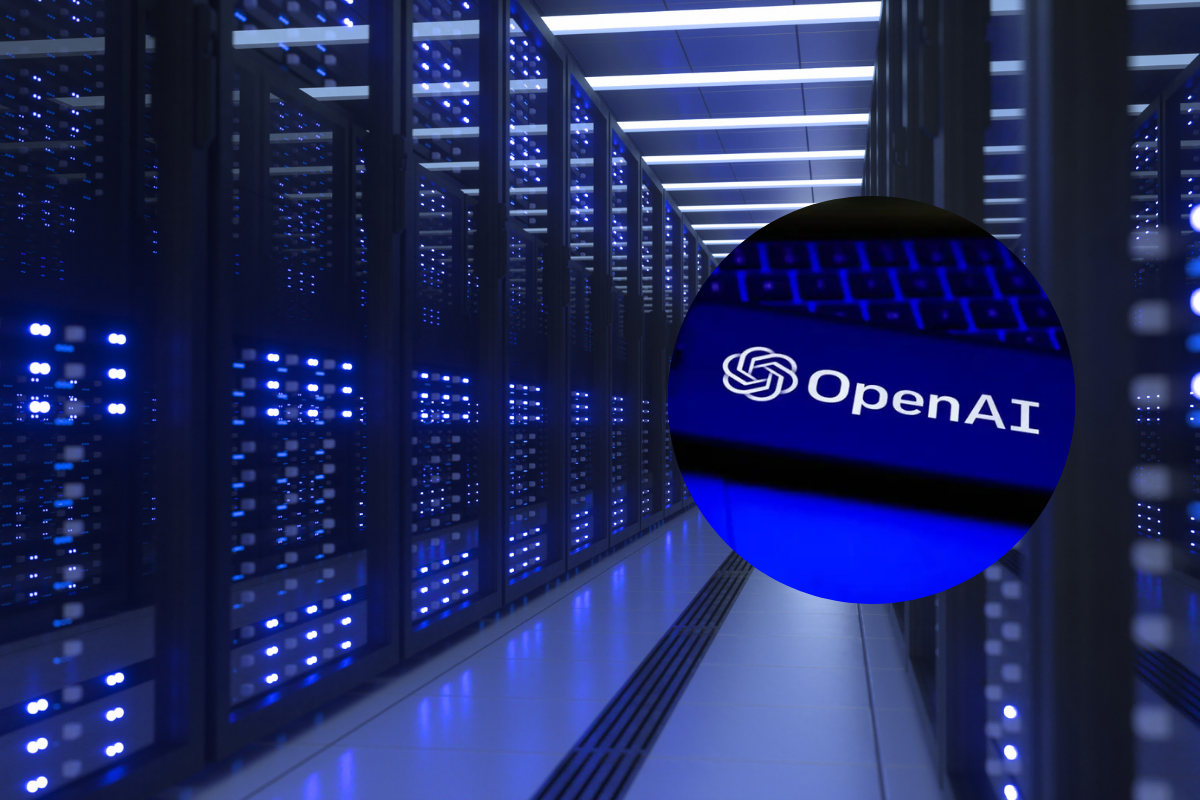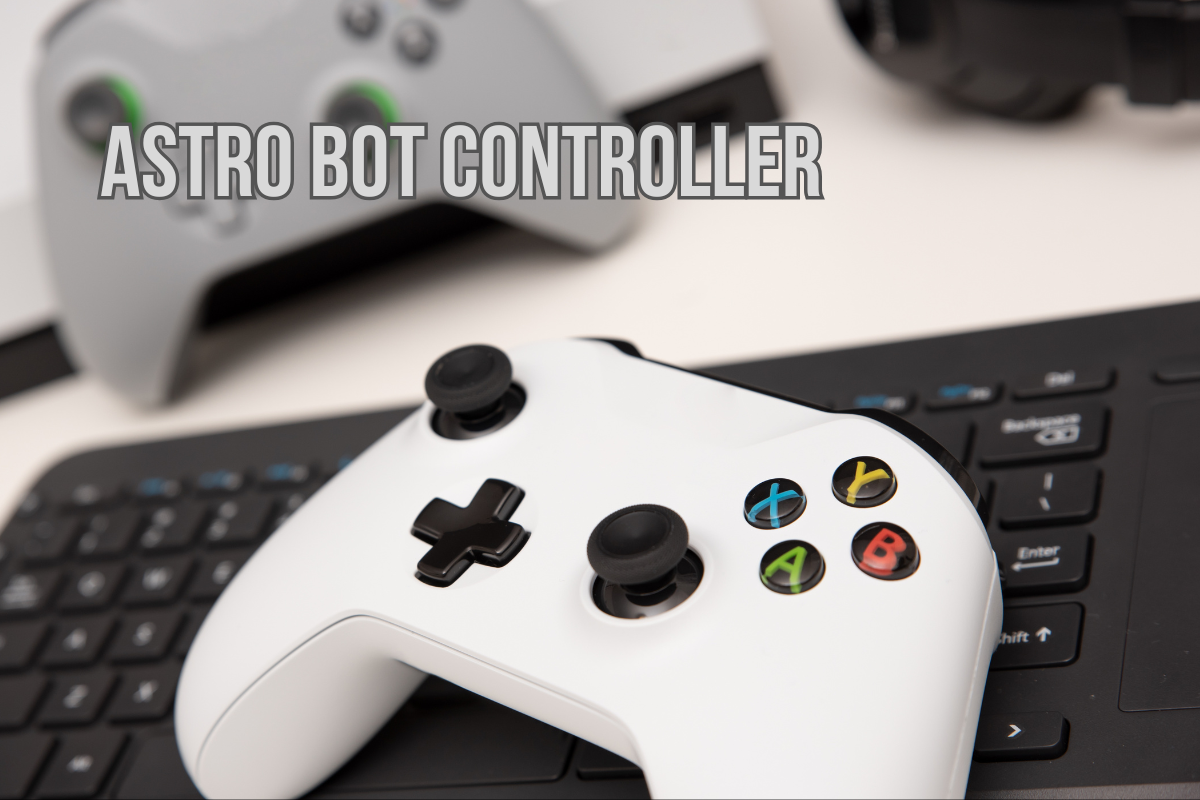Introduction to OpenAI Careers
OpenAI is a company dedicated to advancing artificial intelligence (AI) for the benefit of everyone. OpenAI careers offer an opportunity to work with some of the brightest minds in technology and help shape the future. Founded in 2015, OpenAI has become a leader in the AI industry, creating groundbreaking technologies like GPT. These tools help people in many ways, from writing text to solving complex problems.
For people who are passionate about technology, OpenAI careers provide a chance to work on exciting projects. Whether your skills are in engineering, research, design, or support, OpenAI has a wide range of jobs available. As the company continues to grow, so do the opportunities to contribute to its mission.
Types of Jobs in OpenAI Careers
OpenAI careers are open to people from different backgrounds with a variety of skills. Whether you are a programmer, a researcher, or someone who enjoys helping teams work smoothly, there is a job for you. Below are the main types of jobs available in OpenAI careers:
Engineering Jobs
Engineering roles are central to OpenAI careers. Engineers create and improve the AI models that OpenAI is known for, such as GPT. They work with programming languages like Python, Java, and C++ and use tools like TensorFlow and PyTorch. Engineers focus on solving problems, building software, and ensuring that the technology performs well.
If you have experience in machine learning, coding, or building large-scale systems, an engineering role in OpenAI careers could be a great fit. These roles often require strong problem-solving skills and the ability to work with cutting-edge technology.
Research Jobs
Research is at the heart of OpenAI careers. Researchers explore new ideas in AI and find innovative ways to use technology. They conduct experiments, test theories, and share their findings to help the entire AI community grow. Many research roles at OpenAI require a strong background in computer science, mathematics, or a related field.
If you enjoy learning and tackling complex challenges, a research job in OpenAI careers might be right for you. These roles are ideal for people who want to contribute to the future of AI by discovering new possibilities.
Operations and Support Jobs
OpenAI careers are not only about engineering and research. The company also needs people to manage operations and provide support. These roles ensure that the company runs smoothly and that teams have everything they need to succeed. Operations staff handle tasks like organizing resources, planning projects, and improving workflows.
Support jobs in OpenAI careers focus on helping users who interact with the company’s AI products. If you are good at solving problems and enjoy working with people, these roles are a great way to be part of OpenAI’s mission.
Product Management and Design Jobs
Product management and design are important parts of OpenAI careers. Product managers guide the development of OpenAI’s tools and make sure they meet users’ needs. Designers focus on creating user-friendly interfaces and ensuring that OpenAI’s products are accessible to everyone.
If you have experience in managing projects or designing software, these roles allow you to influence how people interact with AI. OpenAI careers in product management and design are a perfect fit for creative thinkers who want to make technology easier to use.
Skills and Qualifications for OpenAI Careers
Different roles in OpenAI careers require different skills, but some qualities are important for all jobs. Here are some of the key skills and qualifications needed:
Education
For technical roles in OpenAI careers, such as engineering or research, a degree in computer science, engineering, or mathematics is often required. Advanced roles may need a master’s degree or PhD. However, OpenAI also values practical experience, so people with strong skills but no formal degree may still qualify for some roles.
Non-technical positions, such as operations or support, may not require specific degrees but benefit from backgrounds in business, communications, or related fields.
Technical Skills
Technical skills are essential for many OpenAI careers. Engineers and researchers need to know programming languages like Python or Java and should be familiar with machine learning frameworks like TensorFlow. A good understanding of deep learning, data processing, and algorithms is also important.
For design and product management roles, familiarity with software development tools and a strong understanding of user needs are helpful.
Problem-Solving Skills
Problem-solving is one of the most valuable skills in OpenAI careers. Whether you are coding, conducting research, or helping users, you will often face challenges that require creative thinking. OpenAI looks for candidates who can think critically and find effective solutions to difficult problems.
Communication Skills
Good communication is key in OpenAI careers. Teamwork plays a big role in the company, and employees need to explain their ideas clearly. Whether you are writing reports, discussing projects with your team, or helping customers, strong communication skills are essential.
How to Apply for OpenAI Careers
Applying for OpenAI careers involves a few simple steps. If you are interested in joining the company, here’s how you can apply:
- Find Job Openings: Visit OpenAI’s careers page to see the available positions. Job descriptions will list the qualifications and skills needed for each role. Keep an eye on new openings that match your interests.
- Prepare Your Resume and Portfolio: Make sure your resume highlights your relevant experience and skills. If you’re applying for a technical role, include coding projects, research papers, or AI-related work you’ve done. Non-technical applicants should emphasize teamwork, organization, and communication skills.
- Submit Your Application: Apply through OpenAI’s website by submitting your resume and any required documents, such as a cover letter or portfolio.
- Interview Process: If your application is selected, you will go through interviews. These may include coding tests, problem-solving exercises, or discussions about your past work. The process is designed to find candidates who are a good fit for OpenAI’s mission and culture.
- Job Offer: If you’re successful, you’ll receive a job offer and begin onboarding. This process includes training, meeting your team, and getting started with your new role.
Working Environment in OpenAI Careers
The work environment at OpenAI is focused on teamwork and creativity. Employees collaborate on projects and share ideas to solve challenging problems. OpenAI values diversity and inclusion, believing that different perspectives lead to better solutions.
The company also cares about work-life balance. OpenAI offers flexible hours and encourages employees to take time off to recharge. Whether you’re in a technical or non-technical role, the supportive culture makes OpenAI careers rewarding.
Benefits of OpenAI Careers
OpenAI careers offer many benefits that make them attractive to job seekers. Some of the key benefits include:
- Learning Opportunities: OpenAI encourages employees to keep learning through training, workshops, and conferences.
- Competitive Pay: OpenAI provides good salaries and stock options, so employees share in the company’s success.
- Health Benefits: Employees get medical, dental, and vision insurance, along with wellness programs.
- Work-Life Balance: Flexible schedules and generous vacation time help employees balance work and personal life.
Career Growth in OpenAI Careers
OpenAI careers provide plenty of opportunities for growth. The company is at the forefront of AI innovation, which means there are always new challenges and roles to explore. Employees can move into leadership positions, specialize in specific fields, or switch to different teams as they gain experience.
By working in OpenAI careers, you’ll be part of a company that is shaping the future of technology. This creates a unique chance to grow your skills and make a lasting impact in the world of AI.



